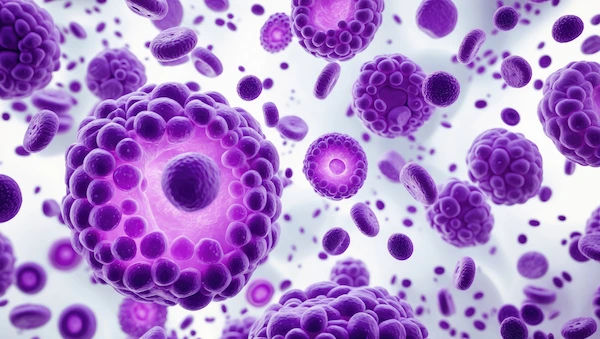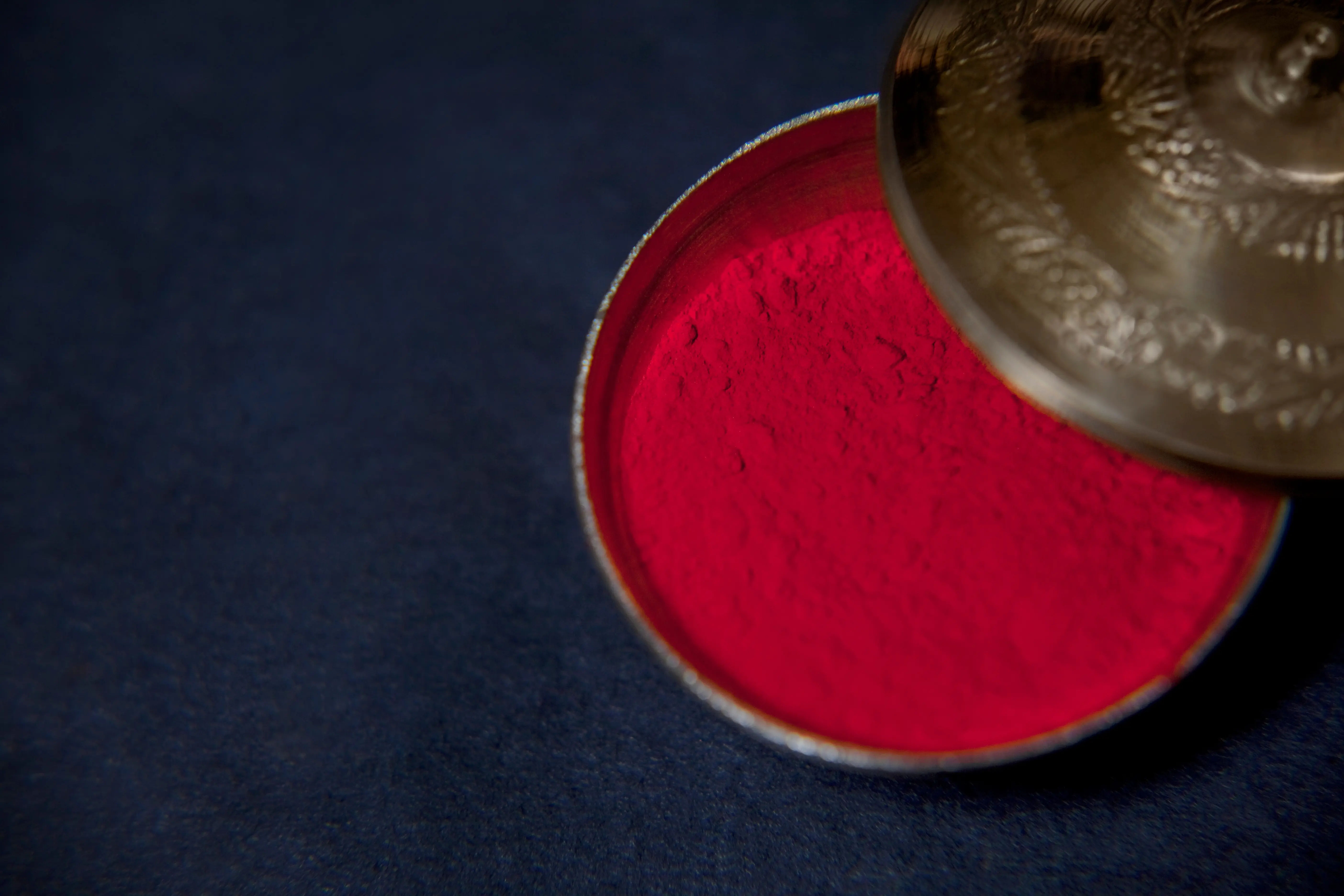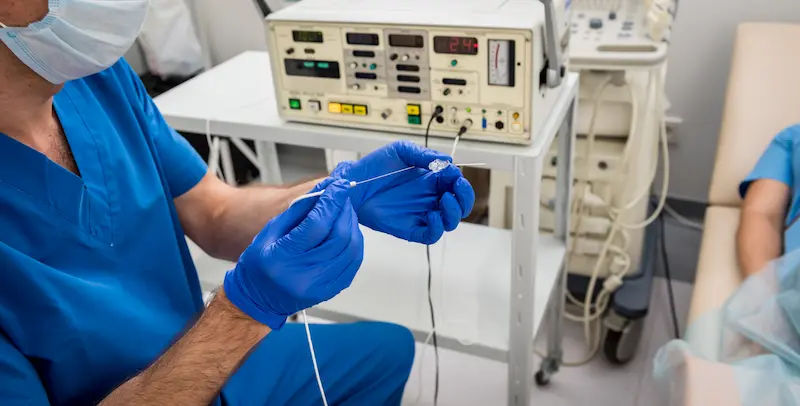Anaemia as a Significant Nutritional Condition
Know about anaemia as a significant nutritional deficiency, causes, signs, symptoms and diagnosis. Learn about the management and prevention of anaemia.

Written by Dr. Rohinipriyanka Pondugula
Reviewed by Dr. Dhankecha Mayank Dineshbhai MBBS
Last updated on 26th Aug, 2025

Introduction
Anaemia is a common yet often overlooked health condition that affects millions of people worldwide. It occurs when your body doesn’t have enough healthy red blood cells or haemoglobin to carry sufficient oxygen to your tissues.
If left untreated, anaemia can lead to fatigue, weakness, and even serious health complications. The good news? Many cases of anaemia are preventable and manageable with the right knowledge and care.
What is Anaemia?
Anaemia is a condition where your blood lacks enough healthy red blood cells (RBCs) or haemoglobin, the protein in RBCs that carries oxygen. When your body doesn’t get enough oxygen, you may feel tired, weak, or short of breath.
Common Types of Anaemia
1. Iron-deficiency anaemia – The most common type, caused by low iron levels.
2. Vitamin-deficiency anaemia – Due to low levels of vitamin B12 or folate.
3. Hemolytic anaemia – When red blood cells are destroyed faster than they’re made.
4. Aplastic anaemia – A rare but serious form where the body stops producing enough RBCs.
What Causes Anaemia?
Anaemia can result from various factors, including:
Poor diet – Not eating enough iron-rich foods (like leafy greens, meat, and beans).
Blood loss – Heavy periods, ulcers, or injuries.
Chronic diseases – Kidney disease, cancer, or infections.
Pregnancy – Increased blood volume demands can lead to iron deficiency.
Genetic conditions – Such as sickle cell anaemia or thalassemia.
Consult Top General Practitioner for Personalised Advice
Signs and Symptoms of Anaemia
Many people with mild anaemia may not notice symptoms, but as it worsens, you may experience:
Extreme tiredness or weakness
Pale or yellowish skin
Shortness of breath
Dizziness or lightheadedness
Cold hands and feet
Irregular heartbeat
Headaches
If you notice these symptoms, it’s important to consult a doctor for proper diagnosis.
How is Anaemia Diagnosed?
A simple Complete Blood Count (CBC) test can confirm anaemia by measuring:
Haemoglobin levels
Red blood cell count
Hematocrit (percentage of RBCs in blood)
Your doctor may also recommend additional tests to determine the underlying cause.
Get Your Health Assessed
How Can You Manage or Prevent Anaemia?
1. Eat a Nutrient-Rich Diet
Iron-rich foods: Spinach, lentils, red meat, tofu, and fortified cereals.
Vitamin C: Helps absorb iron—pair iron-rich foods with oranges, tomatoes, or bell peppers.
Vitamin B12 & Folate: Found in eggs, dairy, fish, and leafy greens.
2. Take Supplements (If Needed)
If diet alone isn’t enough, your doctor may recommend iron, B12, or folate supplements.
3. Manage Underlying Conditions
If anaemia is due to chronic illness, follow your doctor’s treatment plan.
4. Avoid Iron Blockers
Tea, coffee, and calcium-rich foods can interfere with iron absorption—consume them separately from iron-rich meals.
5. Stay Hydrated & Exercise Moderately
Gentle exercise (like walking) can improve circulation, but avoid overexertion if you feel fatigued.
When to See a Doctor?
If you experience persistent fatigue, dizziness, or unexplained weakness, consult a healthcare provider. Early diagnosis and treatment can prevent complications.
Final Thoughts
Anaemia is a manageable condition, and small dietary and lifestyle changes can make a big difference. By understanding the causes, symptoms, and treatments, you can take control of your health and stay energised.
Consult Top General Practitioner for Personalised Advice
Consult Top General Practitioner for Personalised Advice
Dr. Gaddam Manoj
General Practitioner
1 Years • MBBS
Hyderabad
Aaradhya clinic, Hyderabad

Dr Syed Mateen Pasha
General Physician
2 Years • MBBS
Bengaluru
PRESTIGE SHANTHINIKETAN - SOCIETY CLINIC, Bengaluru

Dr. Anand Ravi
General Physician
2 Years • MBBS
Bengaluru
PRESTIGE SHANTHINIKETAN - SOCIETY CLINIC, Bengaluru

Dr. Syed Ismail Ali
General Practitioner
7 Years • MBBS
Hyderabad
Apollo 24|7 Clinic, Hyderabad

Dr. Johnson. S
General Practitioner
7 Years • MBBS MD(Preventive and social Medicine)
Pune
Apollo Clinic, Nigdi, Pune





